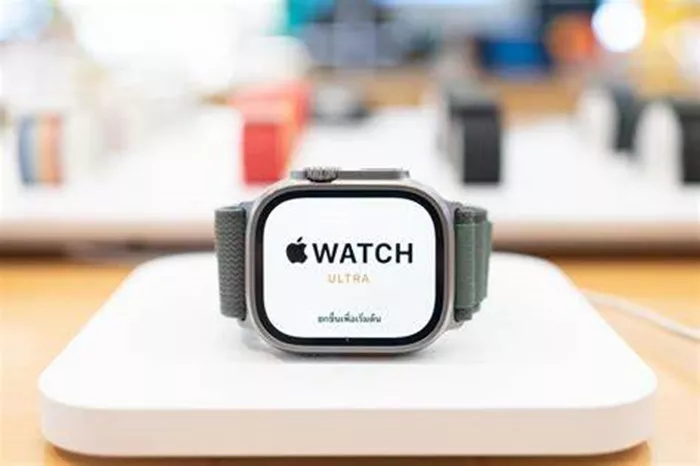Apple is enhancing its health-focused technology with new features on its Apple Watch and AirPods, allowing users to detect sleep apnea and manage hearing loss using devices they likely already own.
Why it Matters: These updates make Apple’s widely accessible gadgets capable of detecting and addressing common, yet often overlooked, health conditions, positioning the company as a key player in personal health management.
The Big Picture: Apple is increasingly focusing on health innovations as part of its broader strategy to offer more than just productivity tools. With the new health features, Apple aims to not only improve users’ lives but also solidify its position in the wellness space.
The News: On Monday, Apple announced that the latest Apple Watch software will leverage its built-in accelerometer to automatically detect signs of moderate to severe sleep apnea. Simultaneously, a software update for AirPods Pro 2 will enable them to perform hearing tests and function as medical-grade hearing aids for mild-to-moderate hearing loss.
The sleep apnea detection feature, pending FDA and other global health authority clearances, is expected to roll out in over 150 countries, including the U.S., EU, and Japan, by the end of the month. Meanwhile, the hearing loss features on AirPods Pro 2 should be available by fall in over 100 regions, including the U.S., Germany, and Japan, following expected regulatory approval.
Behind the Scenes: Apple is making these health features compatible with existing hardware, ensuring that current users can benefit without having to upgrade. The sleep apnea detection will be available on the new Apple Watch Series 10, as well as on the Series 9 and Ultra 2 models. Similarly, the hearing loss detection and hearing aid functions will be accessible on the existing AirPods Pro 2.
Apple CEO Tim Cook has long emphasized health as a significant growth area for the company. Apple Watch is already used to monitor heart conditions, and the company has explored features to track blood pressure and glucose levels.
Zooming In: Hearing loss affects millions of people, yet many avoid seeking treatment. Apple’s integration of hearing aids into the AirPods Pro 2 provides a discreet, user-friendly solution, allowing individuals to test the benefits of hearing aids before investing in specialized hardware.
“According to the Apple Hearing Study, 75% of people diagnosed with hearing loss go untreated,” noted Sumbul Desai, Apple’s VP of Health. The new features aim to address this issue by making hearing aids more accessible and less conspicuous.
Sleep apnea, another widespread condition, often goes undiagnosed due to the need for lengthy sleep studies. Apple’s approach allows users to detect potential sleep apnea symptoms through subtle wrist movements during sleep, using data that can be shared with doctors for further analysis.
With these innovations, Apple is further embedding health monitoring into everyday technology, making it easier for users to track and manage their well-being without requiring additional, costly medical devices.
[inline_related_posts title=”You Might Be Interested In” title_align=”left” style=”list” number=”6″ align=”none” ids=”12288,12284,12208″ by=”categories” orderby=”rand” order=”DESC” hide_thumb=”no” thumb_right=”no” views=”no” date=”yes” grid_columns=”2″ post_type=”” tax=””]
































